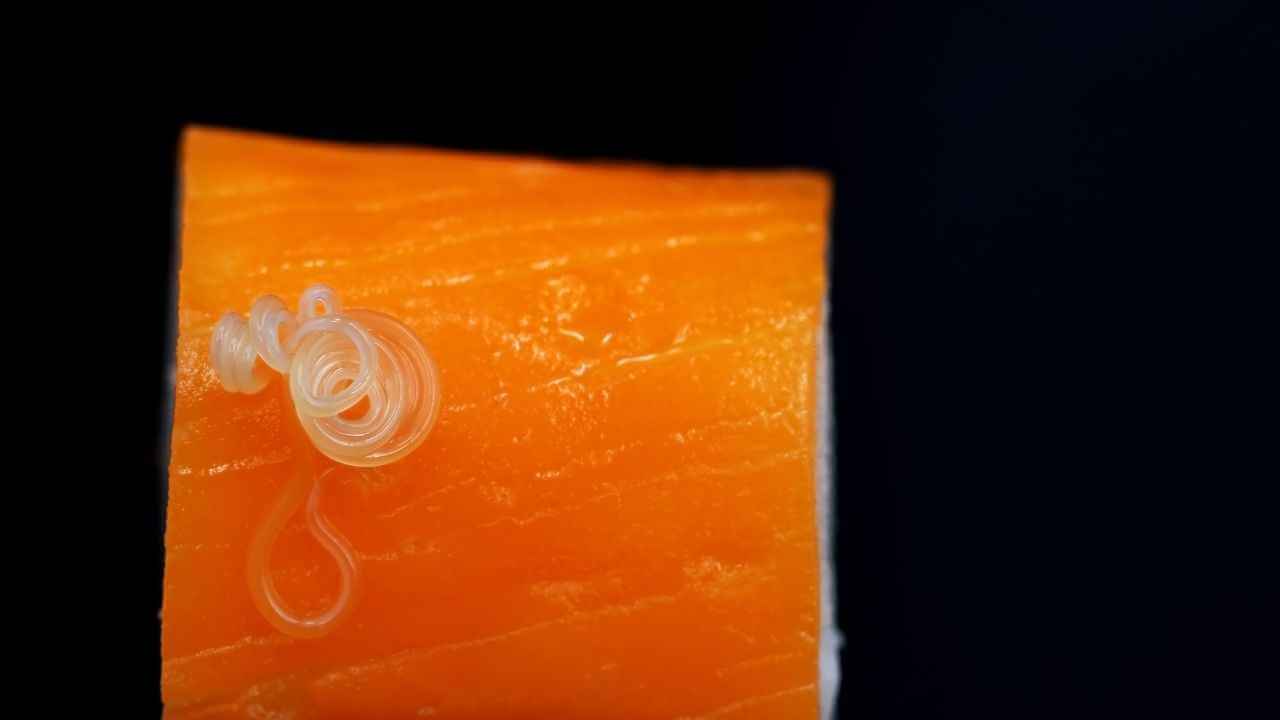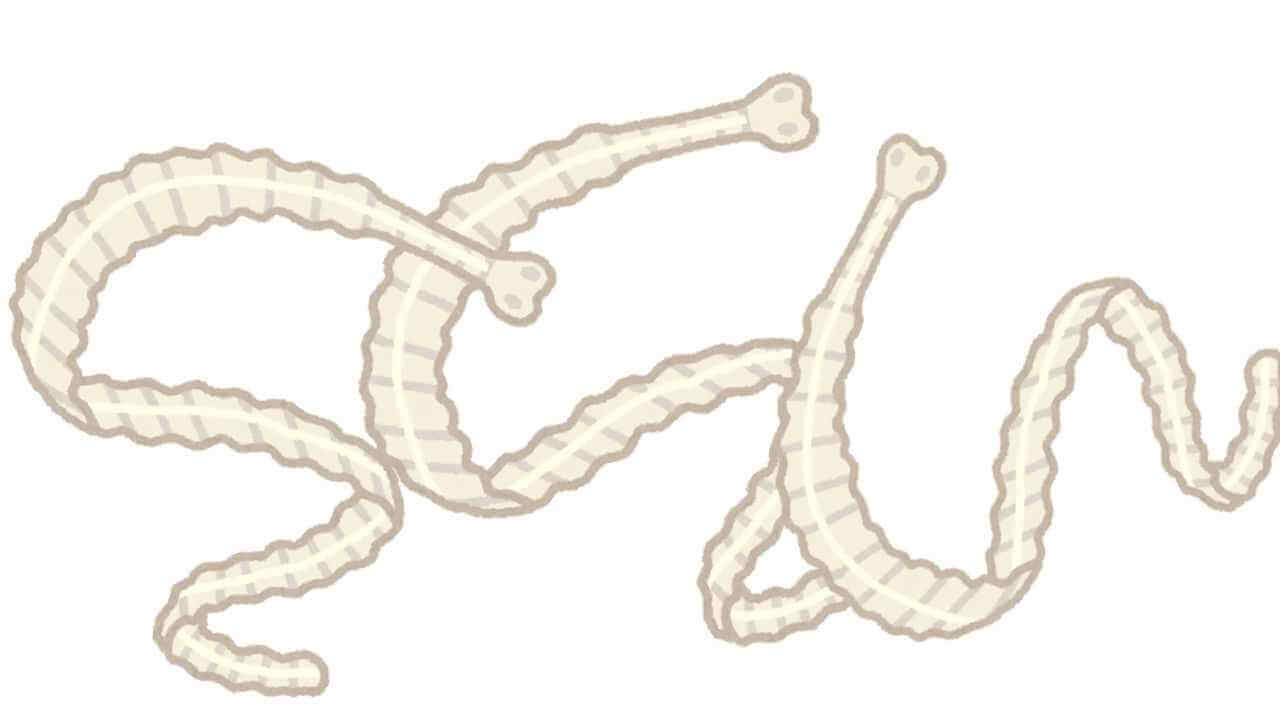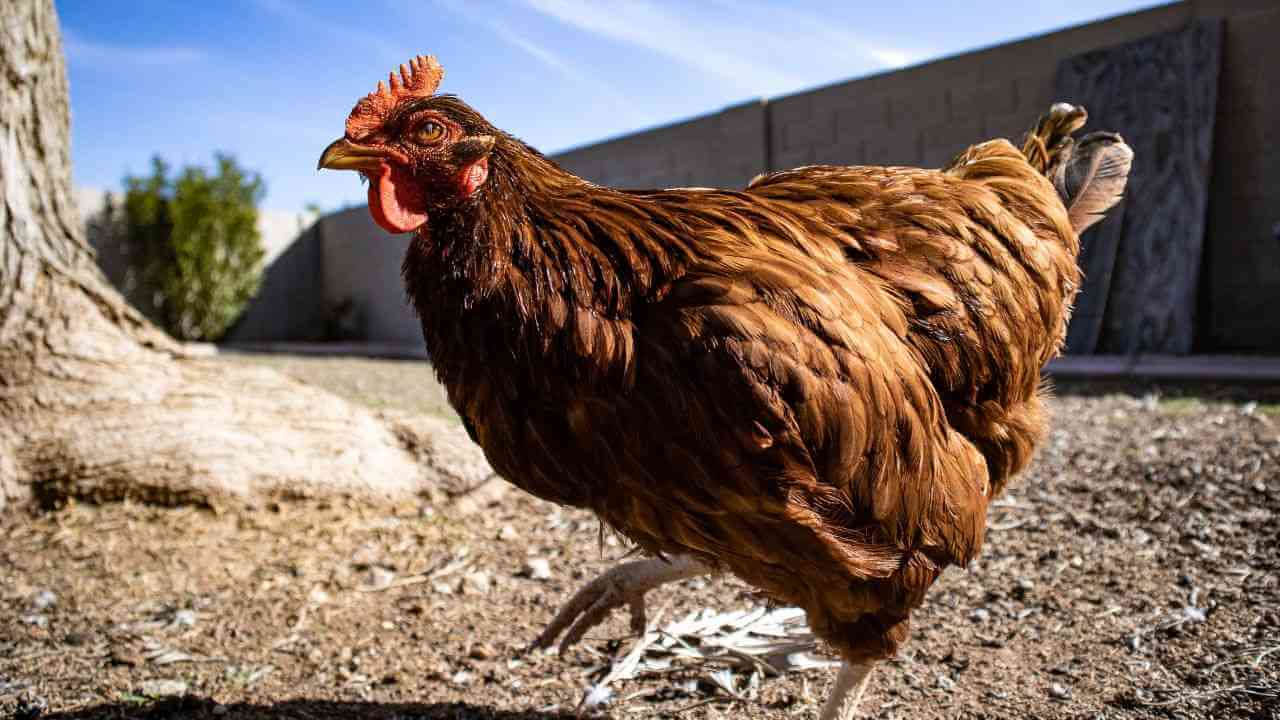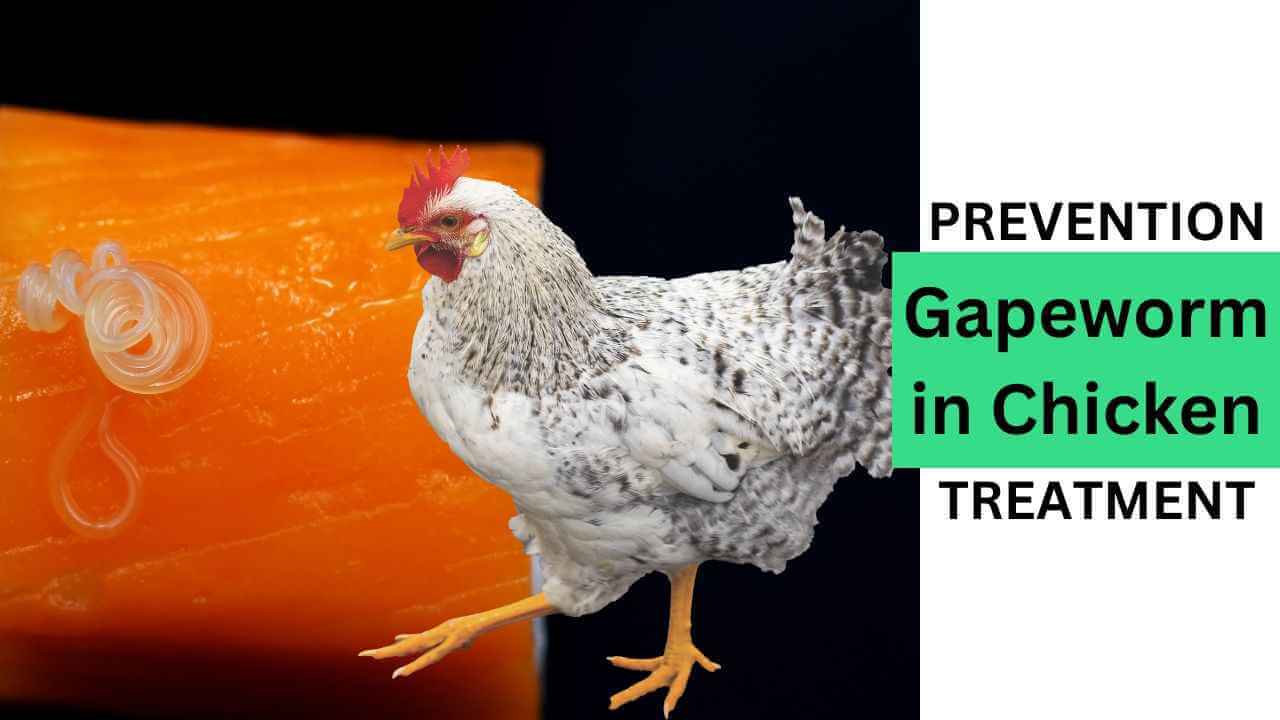Gapeworms are parasitic nematodes that infest the respiratory tracts of birds, particularly chickens, leading to respiratory distress and other health issues.
Recognizing, identifying, and treating gapeworm infections promptly is crucial for maintaining the health of your flock.
This blog will discuss this fatal disease, including preventing and treating it.
How Long Does It Take Gapeworm To Kill A Chicken?
If a chicken has gapeworm and doesn’t get treatment, the chicken can get weaker over time.
How long it takes for a gapeworm to harm or kill a chicken seriously depends on how nasty the infection is.
Sometimes, it can take a few weeks if the worms grow quickly and the chicken doesn’t get help.
Gapeworms can kill a chicken in about 17 to 20 days after infection due to breathing difficulties caused by the worms blocking their trachea if not treated.
What Is Gapeworm in Chickens?
Gapeworm in chickens is a type of parasite that causes serious problems with their breathing. It is a tiny worm that lives in the trachea, the tube chickens use to get air to their lungs.
These worms attach themselves to the trachea’s inside, making it hard for chickens to breathe, sometimes even causing them to gasp for air.
If there are too many gapeworms, they can completely block airflow and cause the chicken to suffocate.
This condition is hazardous and can harm the health of a whole flock quickly if not treated.
Chickens with gapeworm may seem weak, stop eating, or have difficulty breathing. A bad infestation can lead to death if ignored.

How to Recognizing Gapeworm Infections
Here are some common signs of gapeworm in chickens:
- Open-mouth breathing, like they are yawning all the time
- Shaking their heads a lot
- Wheezing or strange gasping sounds when they breathe
- Difficulty breathing, especially after moving around
- Losing weight even if they eat a little
- Producing fewer eggs than usual
- They become weak and less active
- Reduced appetite

How to Identifying Gapeworms in Your Chickens
Gapeworms reside in the trachea of birds. To confirm their presence, you can first recognize or observe the symptoms and, for further identification, do this:
- Physical Examination:
Gently open the bird’s beak and inspect the throat for red, forked worms.
- Veterinary Diagnosis:
A veterinarian can perform a fecal examination to detect gapeworm eggs or larvae.

How to Treating Gapeworm Infections in Chickens
Effective treatment involves:
Anthelmintic Medications:
Dewormers such as fenbendazole or ivermectin are commonly used.
- Fenbendazole
Administer fenbendazole at a recommended dosage of 20 mg per kilogram of body weight daily for 3-5 days.
Mix the medication into the chicken’s feed or provide it orally based on the manufacturer’s instructions. The best approach is to consult a veterinarian for appropriate dosing.
- Ivermectin
Ivermectin can also be used at 0.2 mg per kilogram of body weight. It is typically administered via an oral solution or as a topical treatment.
Repeat the treatment after 14 days to target any remaining parasites. Consult a veterinarian for appropriate dosing.
Natural Remedies:
Natural remedies like pumpkin seeds and garlic are often considered to kill gapeworms in chickens naturally.
However, these methods are better classified as supportive treatments rather than standalone cures.
Pumpkin seeds contain cucurbitacin, a compound believed to paralyze parasites, while garlic may bolster the immune system.
These remedies can be introduced into the diet as preventive measures by finely grinding pumpkin seeds or adding crushed garlic cloves to their feed.
However, they are not substitutes for proven deworming medications.
Isolating Affected Birds:
To effectively treat and manage gapeworm infections, isolate sick chickens in a clean, dry area away from the rest of the flock.
Clean and disinfect surfaces, equipment, and communal regions to eliminate residual parasites.
Isolation helps in treatment and minimizes the chances of gapeworm spreading throughout the group.
Consult a Veterinarian:
Always consult a veterinarian before starting treatment. They can confirm the diagnosis of gapeworm infection, recommend the best course of action, and ensure proper medication dosing and administration.
How to Preventing Gapeworm Infections in Chickens
Preventative measures include:
- Regular Deworming:
Implement a deworming schedule as advised by a veterinarian.
- Pasture Rotation:
Move chickens to different grazing areas to minimize exposure to parasite larvae.
- Limiting Intermediate Hosts:
Control snails, slugs, and earthworm populations, which can harbor gapeworm larvae.
- Feed a Strong Diet:
A healthy diet makes chickens stronger and helps their bodies fight off diseases.
Real Life Gapeworm Cases You Can Learn Some From
A farmer named Emily noticed her Starlight Green Egger coughing and stretching their necks one morning. She acted fast, isolated the sick birds, and called her vet.
The vet gave her medicine to treat the infection. Because she acted quickly, all her chickens recovered, and her flock stayed healthy.
On the other hand, a farmer named John didn’t notice the signs of gapeworm in his Smokey Pearl Chicken early enough. At first, he didn’t think much of the coughing and thought it would go away.
Sadly, when he sought help, many of his chickens were very sick, and some could not be saved.
This was a hard lesson for John, but he learned to constantly watch his chickens closely for any new or unusual signs of illness.
These stories show why it’s essential to pay attention to your animals and act quickly if something seems wrong. Extra care can save lives and keep your chickens happy and healthy.
Final Thoughts
Remember, gapeworms are dangerous and can become life-threatening if not treated. Look out for signs like coughing, gasping for air, or chickens keeping their mouths open.
If you see these symptoms, act fast! There are treatments available to help your flock, but prevention is always the best option.
Keeping their living area clean and following regular deworming steps can stop problems before they start.
Your chickens rely on you to keep them safe. Don’t wait if you notice trouble—quick action can save lives.
Have you ever noticed these symptoms in your chickens?
FAQs Related to How Long Does It Take Gapeworm To Kill A Chicken
Can a chicken survive a gapeworm?
Chickens can survive gapeworms for a short time, but they usually only live about 17 to 20 days after getting infected. The worms can block their breathing, making it hard for them to eat and drink.
How long does it take a chicken to recover from worms?
The recovery time for chickens depends on the type of worm and the treatment used. However, with proper treatment, chickens can start feeling better within a few days to a week.
How long does it take a gapeworm to kill a chicken?
Gapeworms can kill a chicken in about 17 to 20 days after infection due to breathing difficulties caused by the worms blocking their trachea if not treated.
How to treat gapeworm in chickens naturally?
A natural way to treat gapeworm is to mix cayenne pepper and minced garlic into their food. For example, you can mix these with oatmeal or grits and feed them to the chickens once a week until they are better.
Can humans get gapeworm from chickens?
No, humans cannot get gapeworm from chickens. This type of worm only affects birds and does not transfer to people.
Does ivermectin kill gapeworm in chickens?
Ivermectin does not kill gapeworms in chickens. Instead, medications like Aviverm or Flubenol, which contain Levamisole, are needed to treat gapeworm infections effectively.
How long does gapeworm last in chickens?
Once infected, gapeworms can live inside a chicken’s body until they are treated. They can cause serious health issues quickly if not addressed.
Can you eat eggs from chickens with a gapeworm?
It is not recommended to eat eggs from chickens infected with gapeworm because the health of the chicken is compromised, and the eggs may not be safe.
How to check for gapeworm in chickens?
You can check for gapeworm in chickens by looking for signs like gasping, stretching their necks, or having difficulty breathing. If you notice these symptoms, it’s best to consult a vet.

Hello! I’m Ibrahim, the owner and writer of this blog. I run a chicken farm with 160 chickens, and I’ve gained a lot of knowledge about raising and caring for them. Now, I want to share my insights and experiences with you to help you in chicken keeping.

